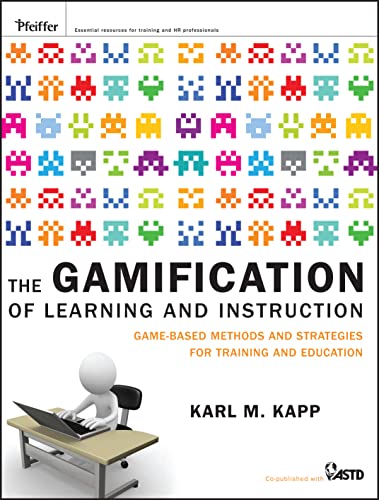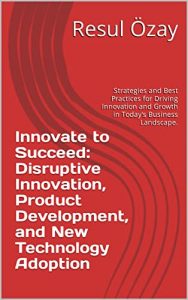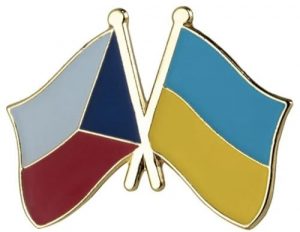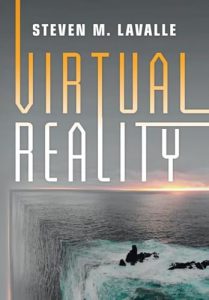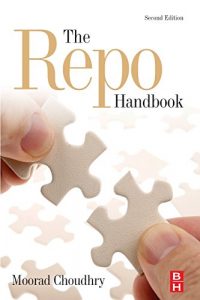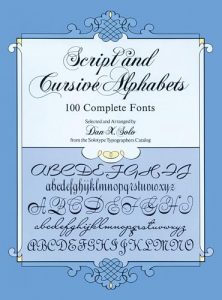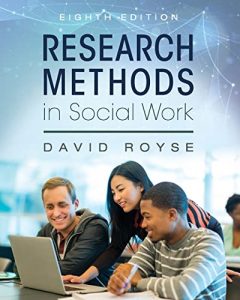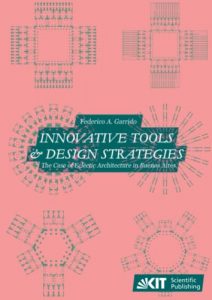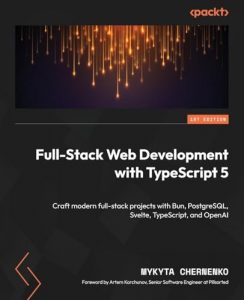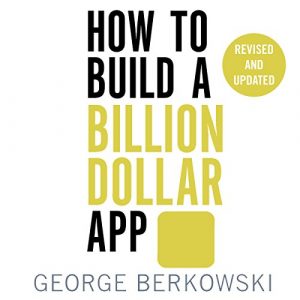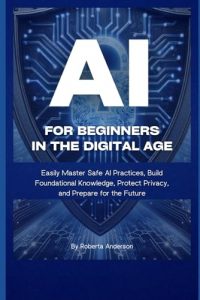Unlocking Potential Through Gamified Learning: Books to Transform Education
The evolution of educational practices has taken a significant leap with the advent of gamified learning. By integrating game mechanics into educational environments, teachers can create more engaging and effective learning experiences. Gamified learning not only makes education enjoyable but also enhances retention, motivates students, and fosters critical thinking. In this blog post, we will explore a selection of outstanding books that delve into the principles and practices of gamified learning, ideal for educators looking to innovate and inspire.
From practical toolkits to theoretical foundations, these books provide valuable insights into how gamification can change the landscape of education. Whether you are a teacher, administrator, or curriculum designer, these resources will help you embrace gamified strategies that can unlock potential in learners of all ages.
The Gamification of Learning and Instruction: Game-based Methods and Strategies for Training and Education
One of the most comprehensive explorations of gamification in education can be found in The Gamification of Learning and Instruction by Karl M. Kapp. This book intricately examines how game-based methods can enhance engagement and retention in educational settings. Kapp’s expertise is evident through his detailed discussions on the theoretical and practical aspects of integrating gamification into instruction. The book guides educators to create meaningful game mechanics that resonate with learners, fostering an interactive educational environment that keeps students invested in their learning journey. It’s not just a book; it’s a transformative guide for educators seeking to revamp their teaching strategies.
Designing Gamified Systems: Meaningful Play in Interactive Entertainment, Marketing, and Education
In Designing Gamified Systems, the authors delve into the intersection of play and design within the context of education and marketing. This book stands out for its practical approach to creating engaging systems that leverage the principles of gamification. It guides readers through the process of designing impactful learning experiences that not only captivate but also educate. The authors provide successful case studies, making this a must-have for those interested in applying gamified approaches across different fields.
Game-Based Learning: A Toolkit for Educators and Mentors
A practical resource for educators, Game-Based Learning: A Toolkit for Educators and Mentors offers innovative strategies for incorporating game-based elements into lesson plans. This book provides actionable steps, making it easy for educators to implement gamified learning immediately. With its user-friendly format, it is an essential tool for educators who want to enhance their teaching methodologies and engage students in a novel way.
The Gamification of Learning and Instruction Fieldbook: Ideas into Practice
This fieldbook serves as an excellent companion to Kapp’s original book, transforming theoretical ideas into actionable strategies. The Gamification of Learning and Instruction Fieldbook amplifies Kapp’s insights, providing educators with real-world examples and case studies that demonstrate the principles of gamification in action. This resource emphasizes hands-on approaches, ensuring that educators can effectively implement gamification strategies in their classrooms.
Game On: Gamified Learning Centers for Educators: Unlocking Potential
Game On dives into the concept of learning centers as a means to foster student engagement through gamification. This book provides ideas for creating interactive learning spaces that draw on the power of play. The strategies presented in this book are particularly useful for educators aiming to create dynamic environments where students can thrive through exploration and collaboration.
Disciplinary Literacy and Gamified Learning in Middle School Classrooms
Focusing on middle school education, Disciplinary Literacy and Gamified Learning presents an innovative approach to integrating literacy within a gamified framework. This book highlights how educators can utilize game mechanics to enhance critical thinking and problem-solving skills among students. It’s particularly essential for educators in middle school settings seeking to energize their curriculums.
Conclusion
Gamified learning is not merely a trend; it signifies a transformative approach towards education that encourages engagement, creativity, and collaboration. The books highlighted above provide foundational knowledge and practical strategies necessary for educators to embrace this innovative pedagogical method. As you explore these resources, consider how you can implement gamified elements in your educational practice to inspire and motivate your learners.

